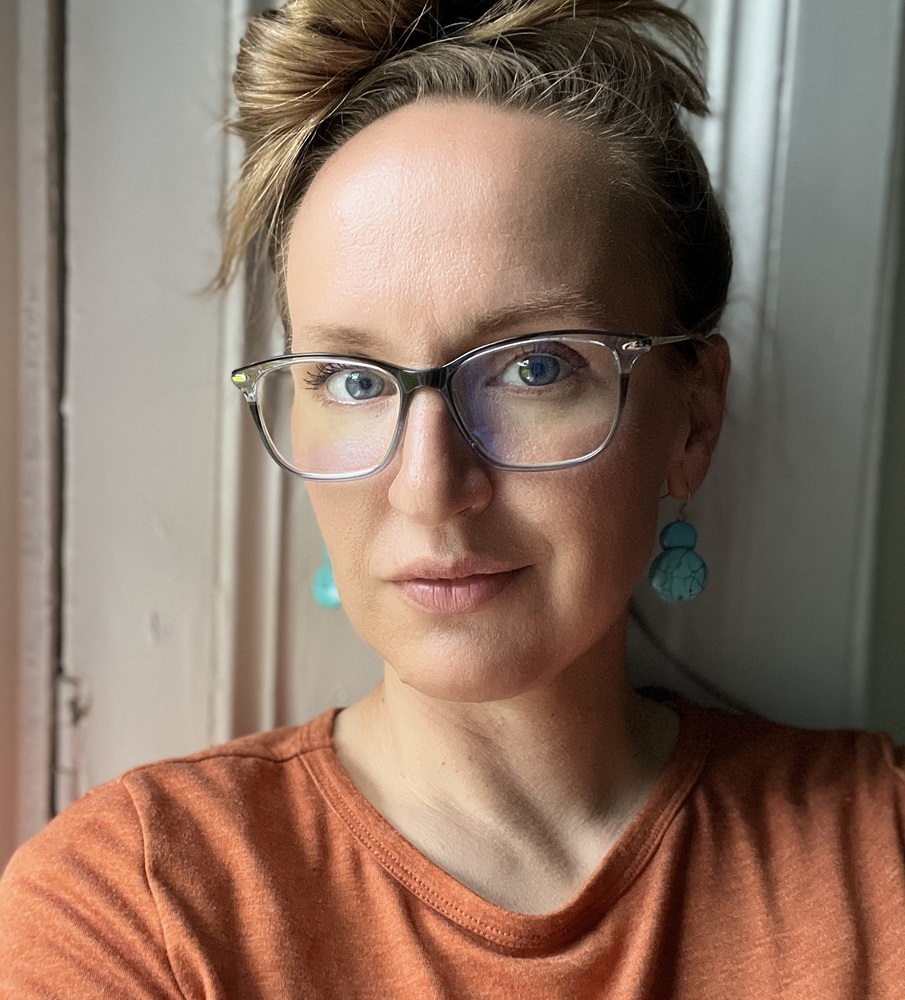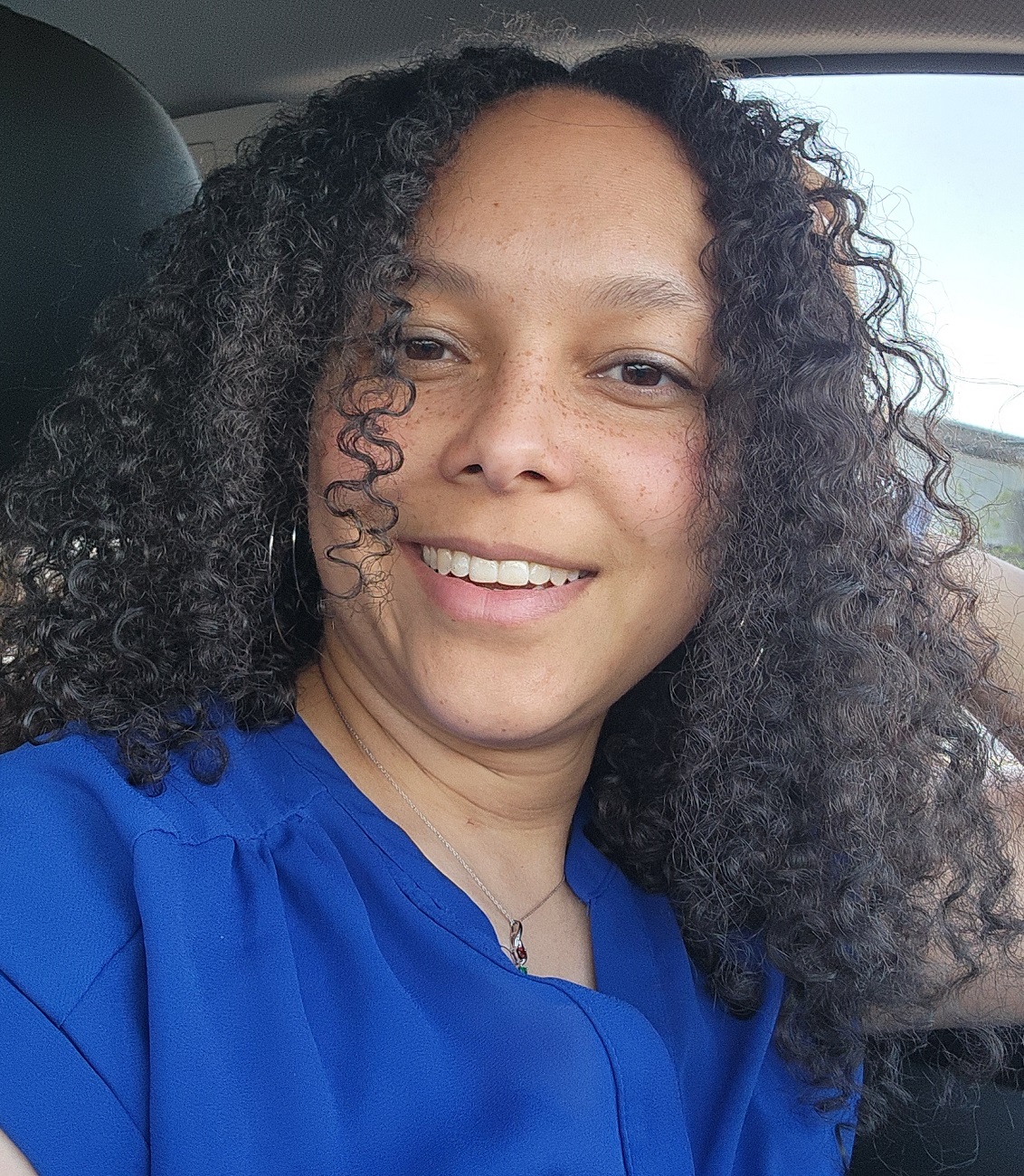
With Scott T. E. Jackson
Tuesday, August 13, 2024, 12:15–1:15 pm Mountain Time
We’ll explore the transformative role of AI in the writing world. From ethical considerations to practical tactics, you’ll gain a well-rounded understanding of how to integrate AI into your writing process while maintaining your unique voice. Whether you’re curious about AI’s potential or concerned about its implications, this talk will provide you with the insights needed to make informed decisions. [Yes, this description was written with AI.]
Bio: Scott T. E. Jackson is an author and marketing professional. Scott directs the digital advertising efforts for 18 partner businesses at Revity Marketing in American Fork, where AI and content marketing [read: “writing”] are evolving daily. Scott is passionate about writing and has published and self-published titles in fiction and creative nonfiction, most recently with Cedar Fort. He lives in Springville, Utah, with his wife and two children.
Summary and Key Takeaways
What is A.I.?
- Artificial intelligence is essentially creating groups of mathematical formulas that “learn” by finding patterns in data.
- They can identify patterns, compare patterns, and imitate patterns.
Morals, ethics, laws
- As we deal with A.I., we need to keep in mind (1) morals, (2) ethics, and (3) law. These overlap but have differences.
- Morals: What you personally believe is right or wrong to do
- Ethics: Code of acceptable behavior defined by the group you belong to
- Laws: Systems of formal rules enforced by government entities
- The ethics and laws around AI are in constant flux and can differ between communities or countries. We’re still figuring this all out as a society.
- To help navigate your own morals and ethics around AI use, start with your “Why.” Why are you running your business or creating what you create? That will help govern your “how” (how you use AI) and “what” (what you use it to create)
Issues of AI in the creative space:
- Devaluing writing as an art or skill
- Oversaturating the writing market with fluff and dross
- Loss of your own creativity
- Formulaic plots, characters, dialogue, etc.
- Whose words is it stealing?
- Worry about falling behind if we don’t use AI
AI is a super power. “It’s not a super power unless it can be used for evil” (quote from Hooked by Nir Eyal)
AI is the newest iteration of the age-old debate and tension between art and business. (Is “writing to the market” bad art? Is asking AI to “write to the market” bad art?)
Scott’s advice about using AI in your workflow:
- Use AI tools to support your existing creative model and workflow.
- As a solo-preneur, there are many, many tasks that you either need to do yourself or hire someone to do. Identify tasks that you would hire someone else to do if you have the money. These are the tasks you could probably have AI help you with.
- Don’t be rigid in your position about AI. Play around and experiment with different tools, and different ways to use those tools, before making a judgment on whether you can or should or should not use something.
- Ethical uses of AI with writing:
- Idea generation and brainstorming (“Give me ten concept ideas for a young adult sci-fi novel”)
- Research assistance (“How did medieval catapults work?”)
- Editing and proofreading (“Analysis this blog post and suggest ways to improve the tone, flow, or organization)
- Creative problem solving (“My characters are trapped in a dungeon with their hands tied. Come up with ten ideas for how I can free them in the next chapter.”)
- Outlining (“I want to write a post about
- Rather than spending your efforts tweaking your prompt to be exactly right, just test and iterate with a bunch of various prompts. Test out a bunch of options. You’ll learn through iteration what works and what doesn’t.
- What is your final goal? What do you want READERS to take away with? How do you want your work to transform them? Use that to inform how you shape your product.
- Your output is as good as your prompt. Things you can include in your prompt:
- Persona: Who is the AI writing as? (e.g. “You are a Latter-day Saint writer and speaker who focuses on motivating youth”)
- Context (“You are writing a collection of daily words of affirmation meant to help Latter-day Saint youth development mindfulness, emotional resiliency, and their spiritual connection to God and Jesus Christ”)
- Task: What do you want the AI to do? (“Generate 50 one-sentence affirmative sentences, written in first-person, that could be included in this book.”)
- Format: How long and in what format should be the response? (“Put them in a bulleted list”)
- Tone (“Use an enthusiastic, casual tone”)
Specific Use Cases
- You can use Dall-E to iterate possible images for a cover design, then hand them over to an actual artist as a comp or example of what you want.
- After AI generates material for you, you can say “Make it 20% shorter” to have it cut out some of the fluff.
- You can use Chat-GPT to shorten your synopsis or create an elevator pitch based on a synopsis.
- Bookle.ai: Can create an entire book based on an outline or idea
How do traditional publishers feel about writers who use AI?
- Their traditional concerns are mainly about the IP rights. They don’t want to publish something that will turn out to be in the public domain because it was made by AI.
Comments from Participants in the Chat
Jeremy Madsen: One of the best author-related uses I’ve seen is an author feeds their lengthy book synopsis into AI and asks it to generate 10 different back cover blurbs for the book.
Heather Pack: When I taught at BYU, I went to a training seminar on this. ChatGPT is able to create Book of Mormon verses that students didn’t realize weren’t in the BoM and used them in Sac. Mtg. talks.
Ben Kelly: So, in relation to idea generation, I have used A.I in the past to not necessarily create ideas, but more to open avenues of possibility. For example, I’ve given A.I a synopsis of my book and asked what I could do to improve the plot. I feel like this is an ethical way to get advice for general directions to go with my work (Political scapes, possible conflict, types of problems to navigate, etc.)
Tiffany Thomas: I use ChatGPT to help me when I get writer’s block. I feed it my book so far and ask what should happen next. Nine times out of 10, it’s really not that good, but a phrase or a concept will get my creative juices flowing again.
Jeremy Madsen: I’ve used ChatGPT and Copilot to brainstorm possible names for characters.
Jeremy Madsen: I find it’s useful to give the same prompt to two or three different AI tools (Chat GPT, CoPilot, Claude). The responses can be quite different.






